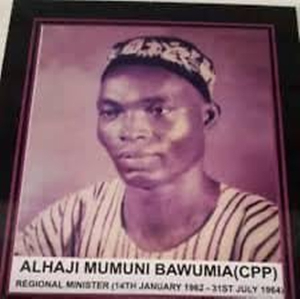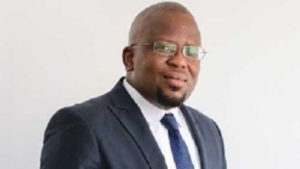Energy think tank, Africa Centre for Energy Policy (ACEP), has launched the Citizens’ Energy Manifesto Report in which it says there is the need for a robust petroleum law aimed at implementing best governance and regulatory practices to fight corruption and rent-seeking behaviour in the oil and gas sector.
The manifesto is a representation of citizen’s expectations on the power and petroleum sectors and seeks to influence the policies of political parties on energy, oil and gas ahead of the 2016 general elections.
ACEP developed the document by compiling views collated from consultative fora across Ghana and was released on Monday July 18.
The Energy Manifesto makes seven key demands from the political parties, including the building of a robust Petroleum Law, insulating management and operational decisions of the Ghana National Petroleum Corporation (GNPC), as well as stabilising the power subsector.
According to the Executive Director of ACEP Dr Mohammed Amin Adam, “the petroleum and energy sector of our country has become so intertwined with our national life that the wishes of our people would be unfulfilled if we do not make energy an important issue in this year's elections”.
FULL LIST OF THE DEMANDS
1. A robust Petroleum Law which implements best governance and regulatory practices to fight corruption and rent-seeking behaviour in the oil and gas sector.
2. Insulate management and operational decisions of the Ghana National Petroleum Corporation (GNPC) from political control.
3. Make the allocation of petroleum revenues to pro-poor investments the cornerstone of accelerated poverty reduction.
4. Eliminate fiscal indiscipline in the management of petroleum and non-petroleum revenues.
5. Stabilise the power subsector by increasing electricity generation capacity and expanding the transmission and distribution network.
6. Introduce a programme for addressing the financial crisis in the power sector on a sustainable basis.
7. Restructure state-owned power distribution companies (the Electricity Company of Ghana and Northern Electricity Distribution Company) to make them technically and operationally efficient.
Business News of Tuesday, 19 July 2016
Source: classfmonline.com













